Mohiuddin Ahmed and the industry he pioneered
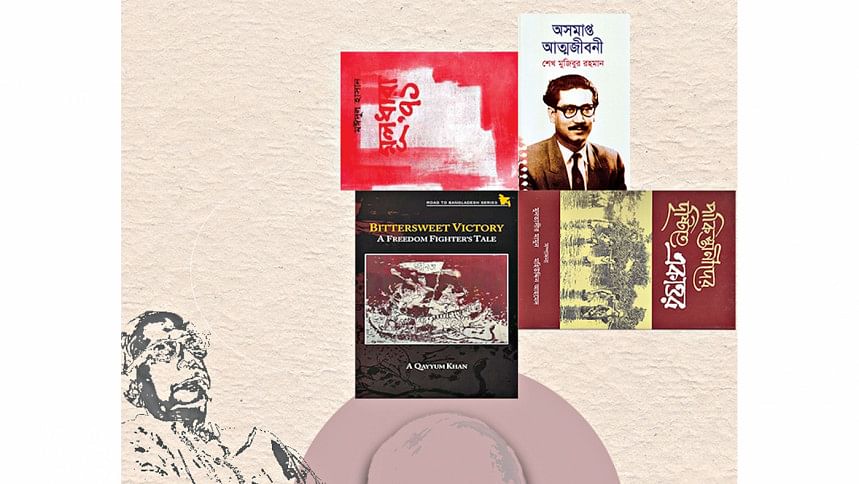
The loss dealt to Bangladesh and its publishing industry this week will be unparalleled—at 12:59 am on Tuesday, June 22, Mohiuddin Ahmed, Emeritus Publisher and founder of University Press Limited (UPL), passed away after surviving Parkinson's disease for 20 years.
"He has always been true to his words, and we can only aspire to be one tenth the human being that he was", Mahrukh Mohiuddin, eldest daughter and Managing Director of UPL, wrote in a Facebook post announcing her father's demise.
Born in Parshuram, Feni in 1944, Mohiuddin Ahmed spent the early years of his career in journalism, first studying at the University of Punjab and then teaching Mass Communications and Public Relations there, while also reporting temporarily for Pakistan Times. But the need to curate and communicate information—that most fundamental of instincts in an editor—is what seemed to drive him on. And so the student who had once edited the Blue and Gold during his days at Notre Dame College, and later the Punjab University Chronicle, turned down a PhD scholarship at Stanford in 1969 to become the Oxford University Press Editor for Pakistan. He served there until 1972. And when OUP Dhaka closed down in 1975, after Ahmed's return to Bangladesh, he founded UPL, an organisation that would go on to pioneer publishing standards in Bangladesh, publish invaluable works of research and journalism, and put the country on the global map of the book industry.
In a country that struggles to uphold standards of editing, printing, and content, and where the retelling of history can be a rather fraught endeavour, Mohiuddin Ahmed's contributions are critical. "He single handedly pioneered and sustained English-language publishing through UPL in post-liberation Bangladesh, under difficult circumstances. He took risks and maintained standards", Professor Rehman Sobhan, eminent economist and founder of CPD, tells The Daily Star, looking back on their nearly half a century-long professional interaction. This has included the publication of most of Dr Sobhan's books as well as publications of the Bangladesh Institute of Development Studies (BIDS) and the Centre for Policy Dialogue (CPD).
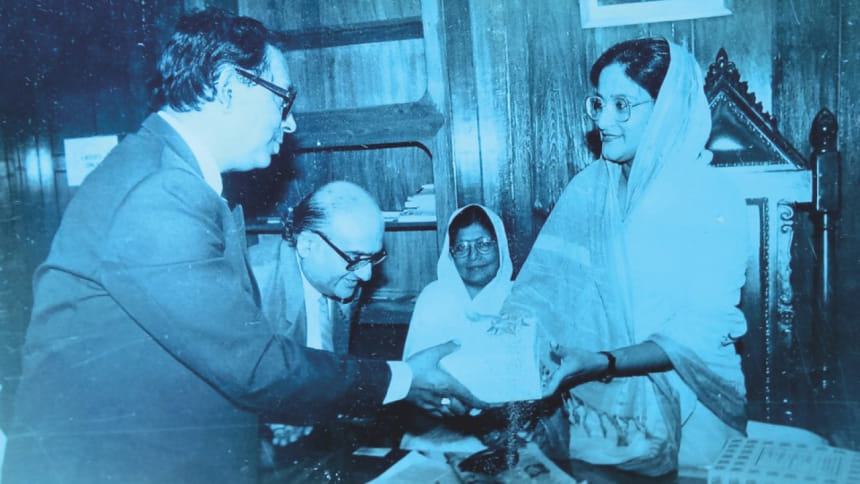
Shortly after the "fall of Ershad", with Professor Rehman Sobhan, then a Member of the Advisory Council of President Shahabuddin Ahmed, spearheading the project, UPL released its four volume Report of the Task Forces on Bangladesh Development Strategies for the 1990's (1991). Twenty nine task forces comprising experts of health, agriculture, transport, disaster management, and other sectors put forth their recommendations for future governments. Mohiuddin Ahmed and Professor Sobhan handed the report over to the Prime Minister and other government leaders of the time. As Dr Sobhan recalls, this and all the future publications from UPL would go on to be "meticulously planned and edited—not an easy task where English language editing skills were at a discount."
Not long after, in the early 1990s, UPL would launch its Road to Bangladesh series, comprising books like Akhtaruzzaman Elias' Chilekothar Shepai (1987), Lt Gen JFR Jacob's Surrender at Dacca (1997), the Birangona narratives collected in Rising from the Ashes (2012) by Shaheen Akhtar et al, and significant others—each instalment an effort to represent the Liberation War from as many viewpoints and interpretations as possible.
As Mahrukh Mohiuddin shared in a previous interview with Mayabee Arannya of The Daily Star, "The plan was to include the narratives of all the key players at that time in Bangladesh, Pakistan, and India. Pakistan army PR, Indian army frontlines, people in Bangladesh involved in decision-making. Later on, we also got accounts from freedom fighters who were in the frontlines, and people who were in the medical core of the war. We mostly included the narratives of people who contributed to war strategy in various ways." Early titles in the series came from JRJ Kaber, Siddique Salek, GW Chowdhury, and Asgar Khan.
"From the beginning I was very impressed with his dynamic leadership. He actively searched for and pursued authors who he could publish", shares political scientist and CPD Distinguished Fellow Professor Rounaq Jahan, whose first book, Pakistan: Failure in National Integration (Columbia University Press, 1972) was added to UPL's Road to Bangladesh series. Columbia Press had no outreach in South Asia at the time, and so the project to release the Bangladesh edition of the book—which "catalogue[s] the events of the 24 years leading up to the dissolution of Pakistan"—landed in the hands of Oxford University Press' Dhaka branch, led by Mohiuddin Ahmed.
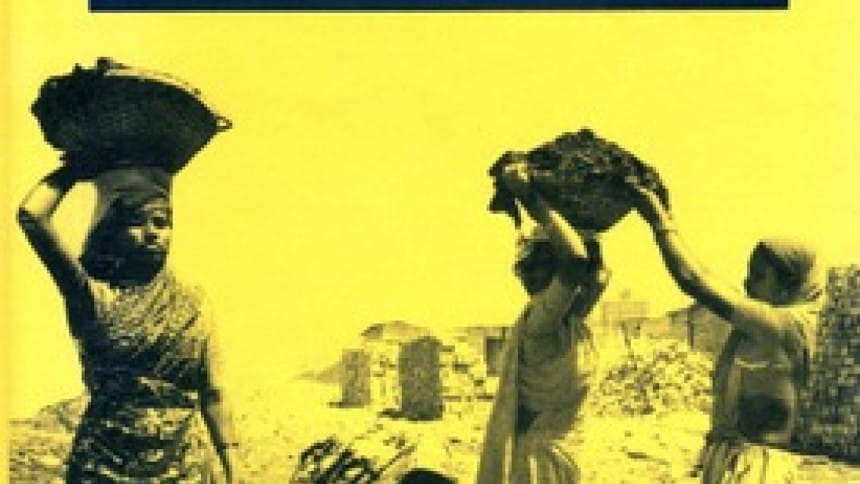
Revisiting those years, Rounaq Jahan discusses the hands-on approach Ahmed took with quality control. He would first read a submission, often turning down authors even when they promised to meet publication costs. Manuscripts that made the cut would be passed on to other experts for review and then copyedited by Ahmed himself, with close attention paid to language. He worked with cover design and marketing, and to writers, Ahmed often offered ideas that could be developed into books. "He was probably the only publisher who would be particular in sending authors statements of sales and royalty checks every year", Dr Jahan shares.
Books, of course, are the main element of the writing and publishing trade, but the milieu and the discussions they generate are the actual means by which one can measure their contribution to society. In this regard, the value of Mohiuddin Ahmed's presence was underlined by the outpouring of memories his colleagues have shared in the past three days.
In 1977-78, Mohiuddin Ahmed and Afsan Chowdhury collected interviews of Pakistani civilians, bureaucrats, senior military officers, politicians, and civil society representatives to explore a narrative of the 1971 war from their perspective. The result was a vital addition to the Road to Bangladesh series, Pakistanider Drishtite Ekattor (UPL, 2005), edited by Muntassir Mamoon and Ahmed himself.
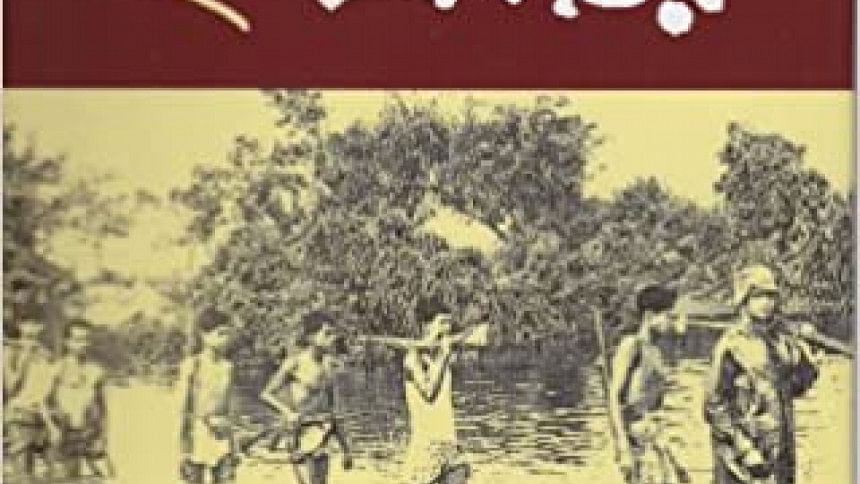
"What do I say about this man whom I knew for close to 50 years?" historian and researcher Afsan Chowdhury shared on his social media on June 22. "I have forgotten the number of times I visited that office in Motijheel, and [Mohiuddin Bhai] was there every time. That he was there is all that matters. That he no longer is all that I have to say."
"We would have good adda about research and publication", Dr Jahan similarly adds. She mentions the lunch and dinner parties Ahmed organised to introduce seasoned and emerging writers.
"In 1996 when I organised an international conference on Bangladesh at Columbia University to celebrate the first quarter century, I invited Mr Mohiuddin to organise a book exhibit at Columbia to showcase our publications, as many of these publications were not known to scholars in the West. He organised a wonderful exhibition. It was very difficult for him to bring so many books. I was working with a very modest budget. But he did all of this because he really loved books and book publication", she shares.
And then, in 2010, came one of UPL's biggest projects: publishing Bangabandhu Sheikh Mujibur Rahman's Unfinished Memoirs (Oshomapto Attojiboni) (2012)—the manuscript of which was passed to Ahmed by the historian, Professor Enayetur Rahim. The Bangla manuscript, written by Bangabandhu in his notebooks from 1966 to '69, remained largely unchanged through publication to preserve the authenticity of Sheikh Mujib's words, but Penguin India and OUP Pakistan joined in to edit the English and Urdu editions, respectively.
As the disastrous results of this year's Ekushey Boi Mela have reminded us, the state of the publishing industry in Bangladesh requires urgent rescue. Editing services are all but absent, as are enough readers to help publishers stay afloat and ensure quality control across their products. Mahrukh Mohiuddin has highlighted, in interviews given to Daily Star Books, the poor response that UPL itself receives from global audiences when its books are sent abroad. Quality of research and translation, high transport costs, and logistical inconveniences act as severe obstacles to the best of their efforts.
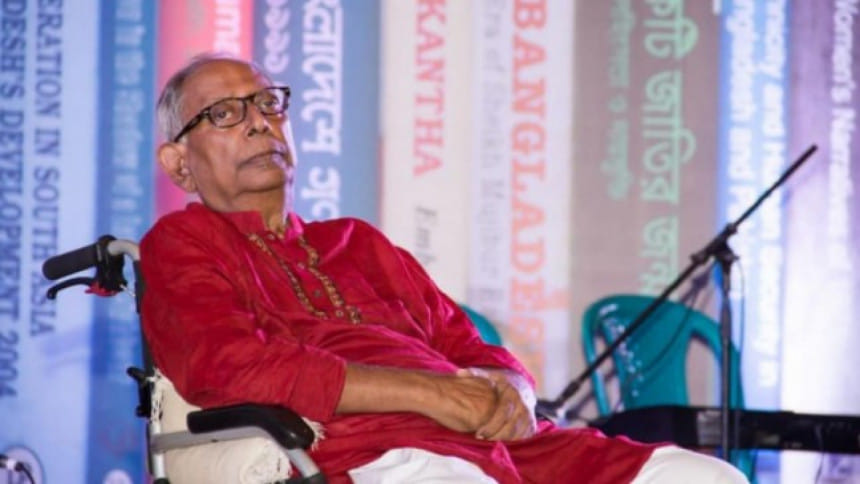
Despite all of these issues, the publishing house has introduced and maintained a legacy for books of stellar quality, both physical and intellectual, while stringently following and promoting copyright security—a rare accomplishment in Bangladesh. As Rehman Sobhan points out, the legacy that Mohiuddin Ahmed has bequeathed to daughter Mahrukh, the present CEO of UPL, deserves the utmost support in "perpetuating the traditions of her father, so that UPL can serve as an appropriate memorial to a fulfilled life".
For this archive of history, art, environmental science, and socio-economic research that UPL has created, this country owes its wealth of knowledge to Mohiuddin Ahmed. May his soul rest in peace.
Sarah Anjum Bari is editor of Daily Star Books. Reach her at [email protected] and @wordsinteal on Twitter and Instagram.
For more book-related news and views, follow Daily Star Books on Facebook, Instagram, Twitter, and LinkedIn.

 For all latest news, follow The Daily Star's Google News channel.
For all latest news, follow The Daily Star's Google News channel. 



Comments